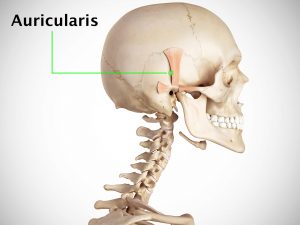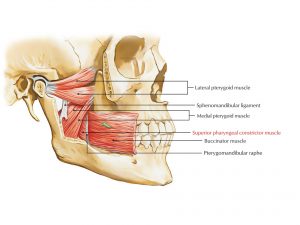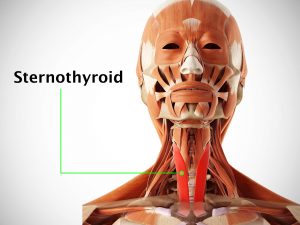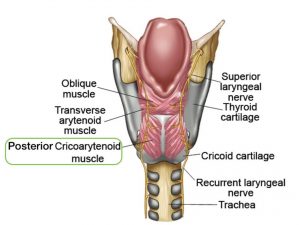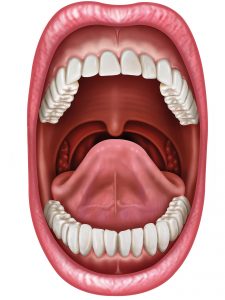Causes and risk factors
Epistaxis is of two types – anterior epistaxis begins form the lower part of the nasal septum. The anterior portion of the septum has a rich vascular supply known as Kiesselbach’s plexus or Little’s area, and most epistaxis originate in this region. Posterior epistaxis begins from the posterior third of the nose and accounts for 10% of the nosebleeds. Bleeding is profuse because of the larger vessels in that part. It usually occurs in older patients who have fragile vessels due to hypertension, atherosclerosis, coagulopathies, or weakened tissue. Causes of epistaxis include – trauma due to nose picking, nose blowing or sneezing can tear the mucosa and cause bleeding. Other forms of trauma include nasal fracture and nasogastric and nasotracheal intubation. Desiccation – Cold, dry air and dry heat due to reduced atmospheric pressure at high altitudes contribute to an increased incidence of epistaxis. Irritation due to upper respiratory infections, viral fever, enteric fever, infective endocarditis, sinusitis, allergies, topical decongestants, and cocaine sniffing may cause bleeding. Less common causes of anterior epistaxis include Wegener’s granulomatosis, midline destructive disease, tuberculosis, syphilis, and tumors. Epistaxis is precipitated by coagulopathy, blood dyscrasia, thrombocytopenia, or anticoagulant medication [NSAIDs, warfarin], hepatic cirrhosis, and renal failure. Hypertension complicates active bleeding by causing rigid arteries and arteriosclerosis weakens vessels. Additional causes of epistaxis include vestibulitis, adenoids, neoplasms, foreign bodies, parasitic infections in the nose, and rhionoliths. Vicarious menstruation is a rare cause of epistaxis.
Clinical presentation
Epistaxis presents as bleeding from nose, from one or both the nostrils. Quantity of bleeding may vary from trivial to profuse lethal bleeding. Bleeding can be anterior or posterior. Postnasal bleeding may be swallowed or spit by the patient. Bleeding can be intermittent or continuous. Swallowed or inhaled blood may come up as hemoptysis or hematemesis. Accompanied symptoms include anxiety, shock.
Investigation
Medical history by the patient and clinical examination by the doctor helps in diagnosis. Blood pressure measurement is done. Complete blood count, test for coagulation factors, blood test for PT INR, BT, CT, is recommended. Imaging techniques such as x-ray, CT scan of nose and sinuses help in further evaluation. Nasal endoscopy is advised.
Treatment
Treating specific underlying cause, if any, is required. Anterior epistaxis bleeding can often be stopped by pinching the cartilaginous part of the nose. Posterior bleeds require aggressive treatment and hospitalization. First aid treatment involves application of ice pack on the nose bridge, packing with gauze, sponge pack, posterior pack, and balloon pack. Trotter’s procedure help in treating epistaxis [patient sits up inclined forward, breathes by mouth. Blood is not to be swallowed, but spit out]. Application of lubricants like ghee, oil also helps in managing epistaxis and prevents crusting. Medications like antibiotics, coagulants, sedatives may be required. Surgical treatment involves electrocautery, ligation of the arteries, submucous resection or septoplasty.
Other Modes of treatment
The other modes of treatment can also be effective in treating epistaxis. Homoeopathy is a science which deals with individualization and considers a person in a holistic way. This science can be helpful in combating the symptoms. Similarly, the Ayurvedic system of medicine which uses herbal medicines and synthetic derivates is also found to be effective in treating epistaxis.












